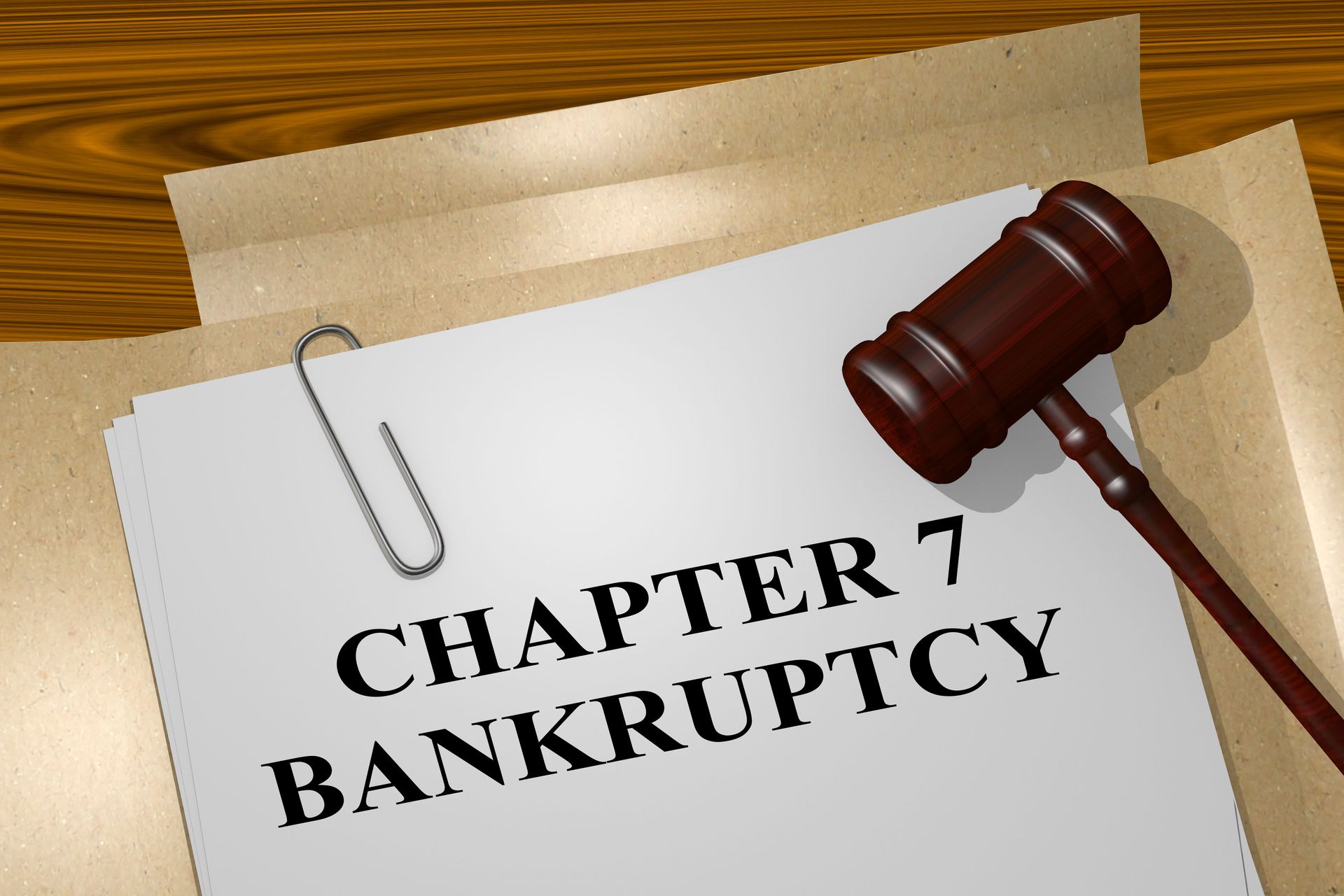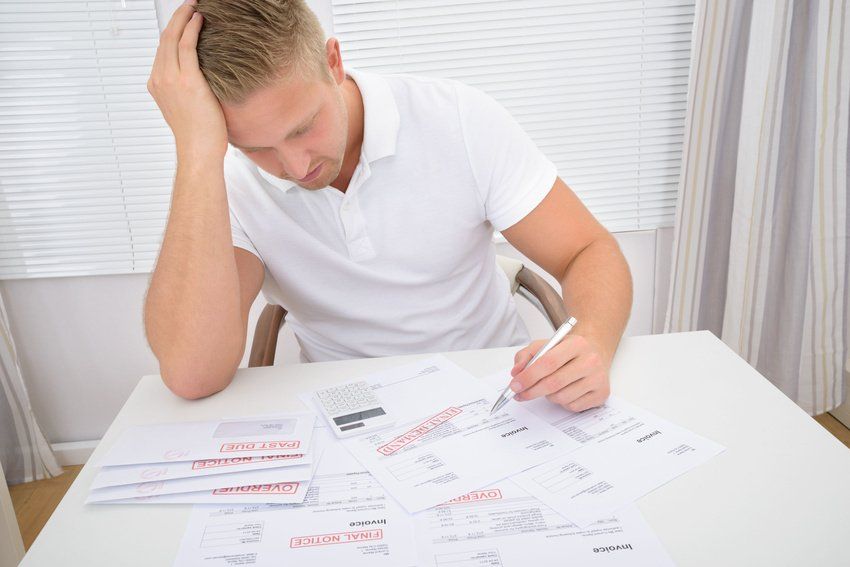Everything You Need to Know About Hiring a Bankruptcy Filing Lawyer
Finding a bankruptcy filing lawyer is something that no one wants to face in their lifetime. But sometimes it, unfortunately, becomes necessary. A study done in the American Journal of Public health showed that nearly 67% of all filed bankruptcies were caused largely by medical bills. Both the cost of medical care itself and the loss of income due to sick time away from work is something that many have struggled with in the past year. Things happen that aren't always under your control, and especially in today's world it is best to be ready and to have the resources available to you should the unthinkable happen. To that end, here is a brief overview of everything you need to know if you are thinking of filing for bankruptcy.
Do Your Research
Since you're reading this article, then you must already be doing some research. Regardless, whether you're an individual or a business, it is still the first step you should take before following through on any drastic actions like foreclosing on your house or selling your car to pay off your debts. Learn the options available to you and see if others have been in a similar situation so that you have the information to help you in your next step.
Finding Your Attorney for Bankruptcy
Once you've done your research and know a bit more about the options you can take, now it's time to find professional help. Search for bankruptcy law offices in your area, and begin calling around to find the lawyer that can best help your case. For instance, some bankruptcy filing lawyers specialize in different types of bankruptcy filing. This is why your previous step of researching will come in handy when choosing a bankruptcy attorney. Do you need a lawyer who specializes in filing for Chapter 7? Chapter 13? Everyone's situation is different, so knowing the right questions to ask prospective law offices will help put you in contact with the attorneys who can help you the most.
Make a Plan With Your Bankruptcy Filing Lawyer
Once you've found the right law office, now is the time to sit down with them and make a plan. Be honest and upfront when giving them the information on your situation, including all of your debts, assets, and income, or they won't be able to help you (not to mention that lying could end up hurting your case), and then it's just a matter of working with them to get your case cleared.
Ideally, you would never have to use this information. But, just in case it becomes necessary, we hope this brief explanation of the bankruptcy process is helpful. Even if you don't think you can file for bankruptcy (whether it's because you think you don't have enough debt, or you don't want to end up losing your house or car) it could still be beneficial to sit down with an attorney and have them look it over. Often they will see options that you do not see that will help your case.
VISIT US
HOURS
HOURS
CONTACT US
Call or Text









Share On: